CU Anschutz Medical Scientist Training Program
Welcome to the MST Program
The Medical Scientist Training Program provides rigorous training for students interested in a career in clinical medicine and basic science research.
The MST Program's mission is to provide students with the breadth and depth of training necessary to excel as clinician scientists.
Colorado has strengths in Molecular and Cellular Biology, Immunology, Epidemiology, Mechanical Engineering, Biomedical Engineering, Virology, Neuroscience, Endocrinology, Pharmacology, and Cancer Biology, which provides an exciting spectrum of research opportunities for MSTP students.
History of CU MSTP
The University of Colorado Anschutz Medical Campus MD/PhD Program was established in 1983 and obtained NIH/MSTP funding in 1993. The goal of this Program is to train a diverse cadre of dual-degree students to become outstanding physician-scientists and future leaders in biomedical research. To accomplish this goal, we select students from an increasing national applicant pool, seeking out those candidates whose record of research, academic, and leadership achievements are exemplary. Our pool size has increased significantly, from 154 in 2007 to >500 in 2020, and we matriculate 10 students annually. Our current roster of 80 students (44% female; 16% URM; 5% disability; 19% disadvantaged; and 5% 1st generation college) come from across the nation, from elite universities, and with ~30 months of prior research experience and ~60% with prior publication(s). Since 1983, 214 students have matriculated, 28 are URMs, 20 left the program, 146 graduated with both degrees in 8.2 years, and 85 completed all of their training with 50 pursuing research in academics, the NIH/CDC, or industry, 32 in private practice.
The selected MSTP students enter a flexible, yet highly rigorous training program. The first three years of training provide integrated training in medicine and science through MSTP-specific curriculum. Students complete a year of core clerkship training as well as graduate core curriculum during this time. They then complete ~4 years of thesis work, followed by 12-16 months of advanced clinical work. An MSTP-specific Molecules to Medicine course, Reading with the Professor elective, weekly Seminar Series, and a Longitudinal Clinical experience during the thesis years have been specifically developed for our students. For thesis research, students choose from >200 MSTP faculty in 17 graduate training programs. MSTPs train at three sites: CU Anschutz, National Jewish Health, and the University of Colorado- Boulder, which have a combined grant income of ~$1B. We provide career guidance throughout the PhD thesis years through 1:1 advising as well as provide letters of support to help place our graduates in elite residencies and fellowships across the country.
The relatively new CU Anschutz campus provides state-of-the-art education, research and clinical facilities, and enjoys significant momentum with ~$480M in grants, $450M in philanthropy and ~$100M in clinical income to fund research and programs. Former School of Medicine Dean John Reilly, Jr., MD, funded 5 new basic/clinical collaborative Translational Research initiatives that have resulted in the recruitment of ~15 new faculty. In sum, the leadership and the continuous improvement of the Program, applicant pool, recruited students, training faculty and plan, student out-comes, institutional support, and research funding and environment underscores the elite character of this MST Program.
Program Director
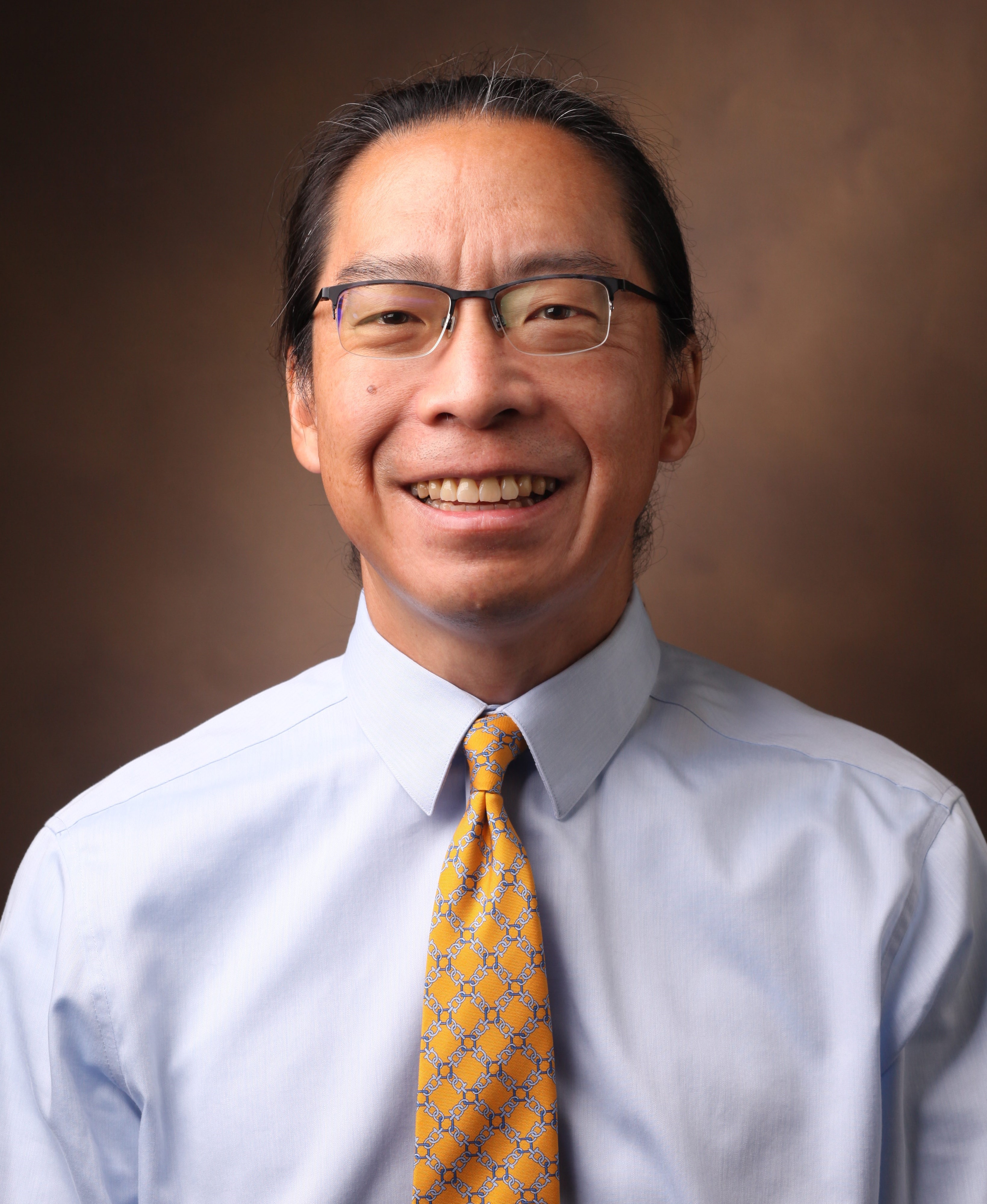
Patrick Hu, MD, PhD
Biosketch
Clinical Associate Program Director
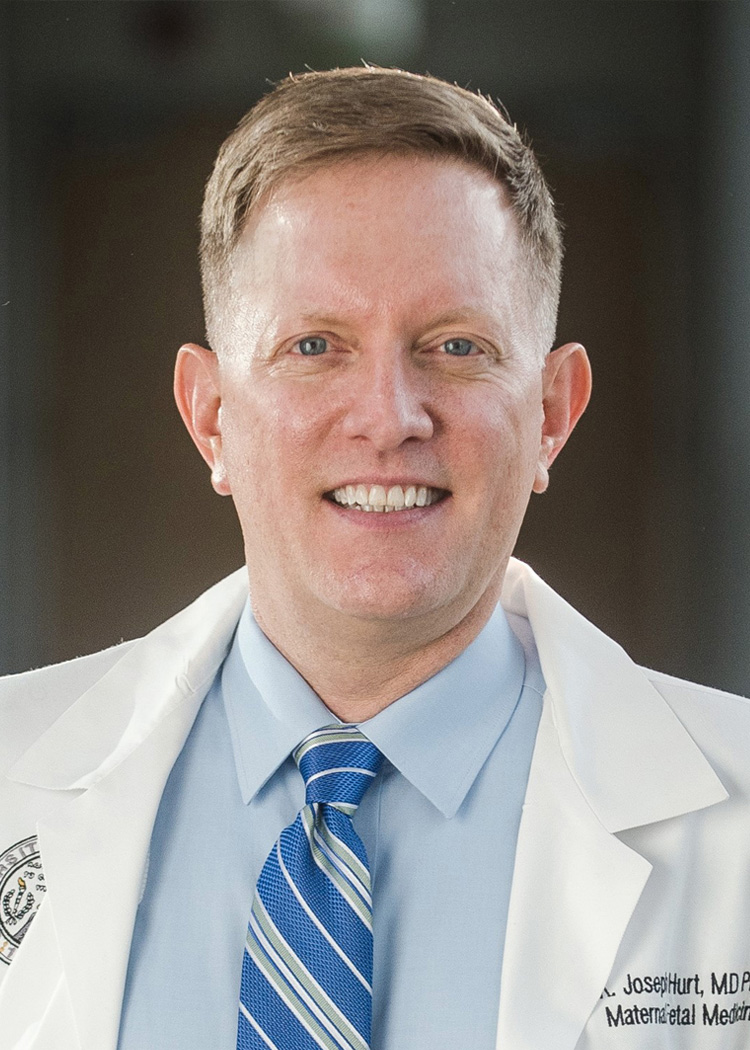
K. Joseph Hurt, MD, PhD
faculty profile, Hurt lab
Thesis Associate
Program Director
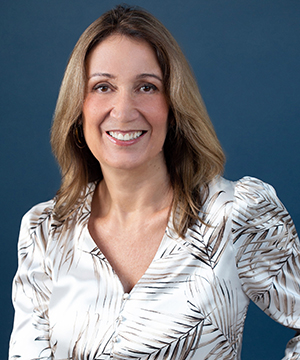
Carmen "Kika" Sucharov, PhD, FAHA
Faculty profile,
CV
CONTACT US
General Inquiries
Email: [email protected]
Phone: 303-724-4600
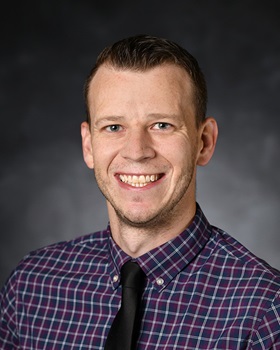
Program Manager
Chris Sienza MS
Phone: 303-724-4600
Email: [email protected]
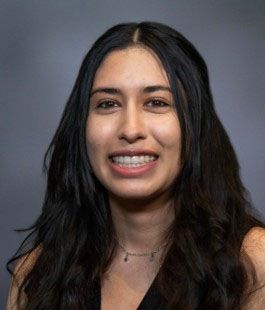
Program Administrator
Jessica Gamez
Phone: 303-724-4600
Email:
[email protected]